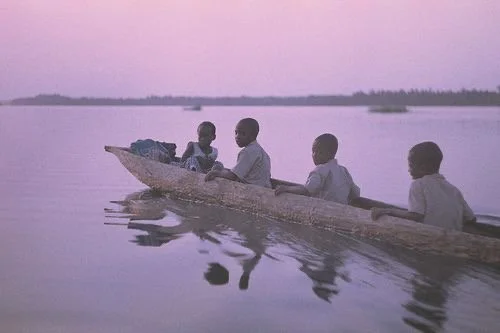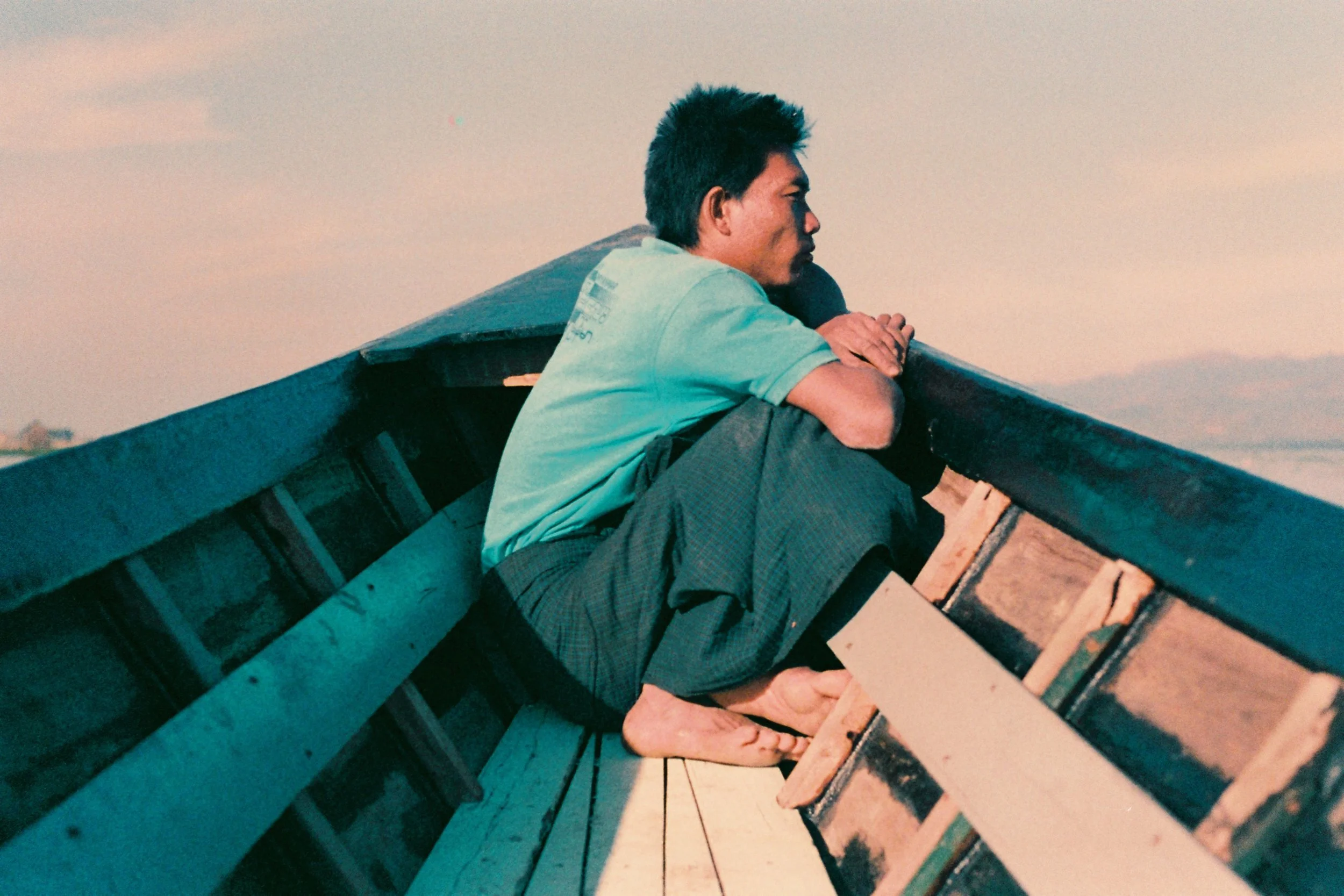"Unleashing Local Potential: Advancing Aid Localization in Ukraine" delves into the critical importance of bringing power and resources closer to the communities in need. The article highlights the crisis in Ukraine as a turning point for advancing the localization agenda in humanitarian aid. By recognizing the capabilities of local actors and addressing the challenges they face, the article advocates for a transformative approach that empowers Ukrainian civil society and fosters effective localization of aid.
From Afghan Voices to Afghan Choices – humanitarian actors in Afghanistan need to up their game
Afghanistan is one of the countries that received the highest amount of ODI over the past 20 years, yet poverty has lately been on the rise. Aid is heavily politicized and the fight against corruption has shown limited success. Consequently, the aid sector is affected by a fundamental lack of trust: high ranking officials of the Afghan government have repeatedly expressed their distrust of aid actors
A Letter for Humanitarians
Géopolitique de l'Homophobie
L’homophobie est entendue comme les discriminations de tous ordres à l’encontre des personnes LGBT (lesbiennes, gays, bisexuelles et transgenres). Si «l’homophobie politique» est déjà connue en tant qu’outil de duplicité en politique intérieure, Michel Maietta explore davantage son pouvoir de manipulation, jusqu’à sa dimension géopolitique. L’auteur nous rappelle à quel point la protection des droits des personnes LGBT revêt une importance stratégique dans la défense plus large des droits de l’homme.
Who does the rebuilding...and the reimagining?
A chance to engage in frank dialogue with LGBTI
Shifting the Power: A Few Hard Truths on Localisation
Many have said it before: localisation needs to stop being a talking point and start being a reality. But we have been saying this since the advent of capacity building. So do we really mean it? If so, how can we bring about localised change effectively, and swiftly?
Why localisation is no longer an 'if', but firmly, a 'when'.
“The Power of Love” and why Capacity Building initiatives may fail: lessons from Kenya
In an effort to gain a deeper understanding of the practical realities that either foster or inhibit participation and the assumptions that underscore “capacity development” approaches, this paper examines a capacity development approach that was co-designed by the Regional Humanitarian Analyst at Save the Children East Africa Regional Office and the Project Director for the IRC-UoN Partnership for Education in Emergencies.













